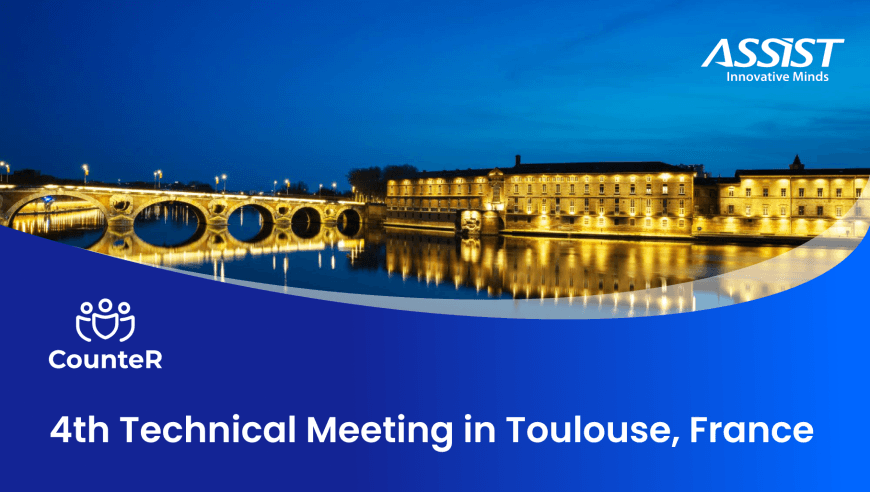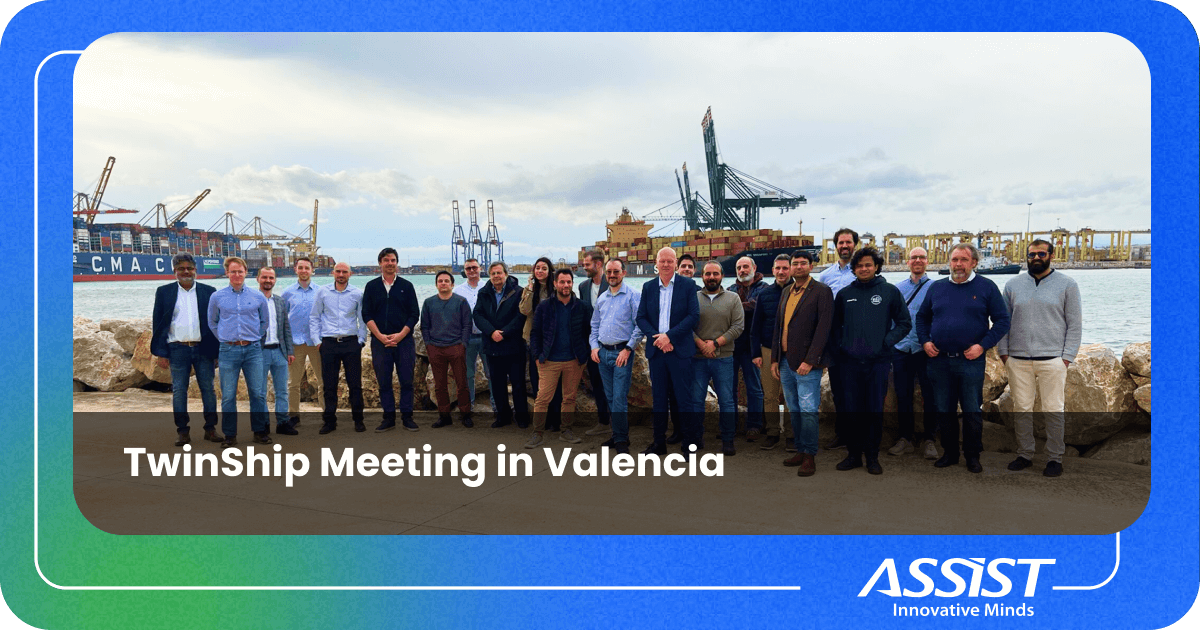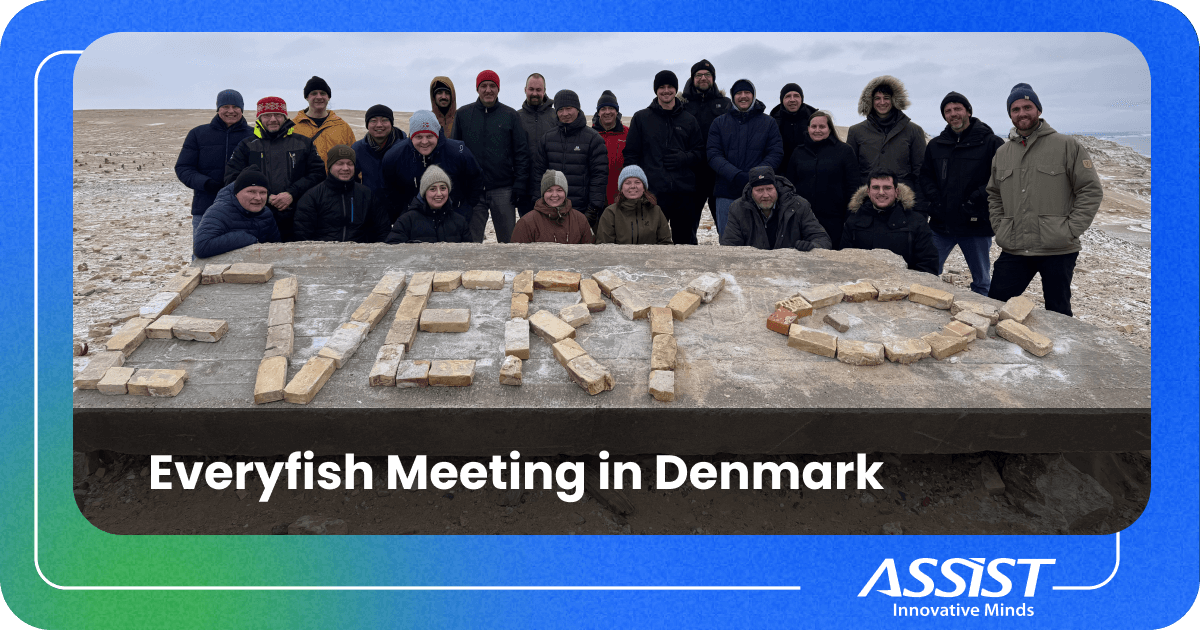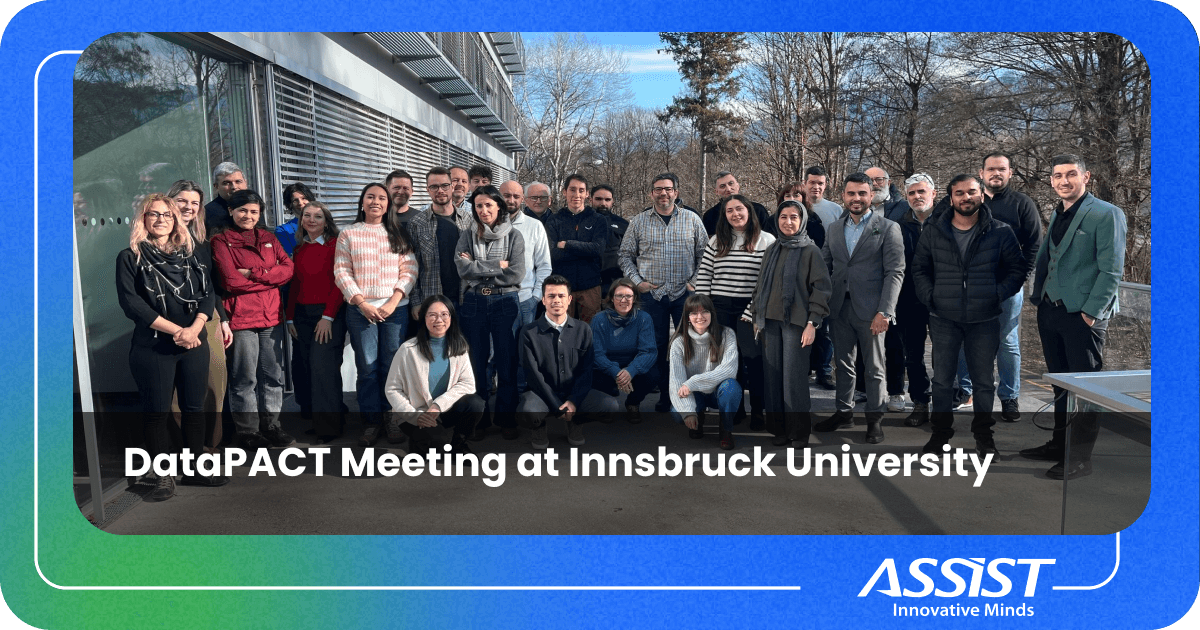CounteR Project 4th Technical Meeting in Toulouse, France

On March 9-10, 2023, the CounteR consortium got together in Toulouse, France, for the fourth Technical Meeting of the project, which was expertly hosted by the Militants de Savoirs Association (MDS).
To ensure that the meeting benefited from the diverse expertise of all the project's participants, it was held in a hybrid format that allowed for both in-person and remote attendance. This approach ensured that every expert had the opportunity to contribute their insights and perspectives to the discussion.
The objective of the meeting was to review the progress made in the different work packages (WPs) and to plan the next steps for implementation. To this end, the first day of the meeting focused on the demonstration of the current CounteR Flow and the system's deployment specifications. Partners from INRIA, CINI, and UCSC reviewed the work done on data acquisition, management, and analytics to detect radical content. They also discussed radicalization taxonomy and ontology, as well as data understanding and NLP analysis.
Furthermore, ELTE, Insikt, Imagga, ICON, and ASSIST Software provided valuable updates on their progress in developing semantic reasoning and network algorithms. These updates shed light on the innovative techniques being used to analyze data and detect radical content, and showcased the cutting-edge research being undertaken by the consortium.
On the second day, EI, the leading partner in WP9 - Dissemination and Communication, engaged the participants in a conversation about project promotion and outreach to industry stakeholders. EI and MITLA revisited the ethical considerations and data privacy requirements that need to be taken into account during the project's exploitation and commercialization phase. From the very beginning of the CounteR project, ethical and legal considerations surrounding the handling of sensitive data have been of paramount importance.
The meeting's highlight was WP8, which focused on end-user training, field demonstrations, and pilots. Insikt and NOVA led a module on learning and training materials, training sessions, system deployment, and field demonstrations with a focus on users' feedback.
The consortium is looking forward to the opportunity to reconvene in Milan at the beginning of the summer. This will provide an excellent chance for the partners to review the progress made in the meantime, synchronize their activities, and ensure that the project is on track to meet its objectives.
The Privacy-First Situational Awareness Platform for Violent Terrorism and Crime Prediction, Counter Radicalization and Citizen Protection Project or CounteR is funded by the Horizon 2020 program of the European Union and submitted under the H2020-SU-SEC-2020 call for proposals, with project ID 101021607.



